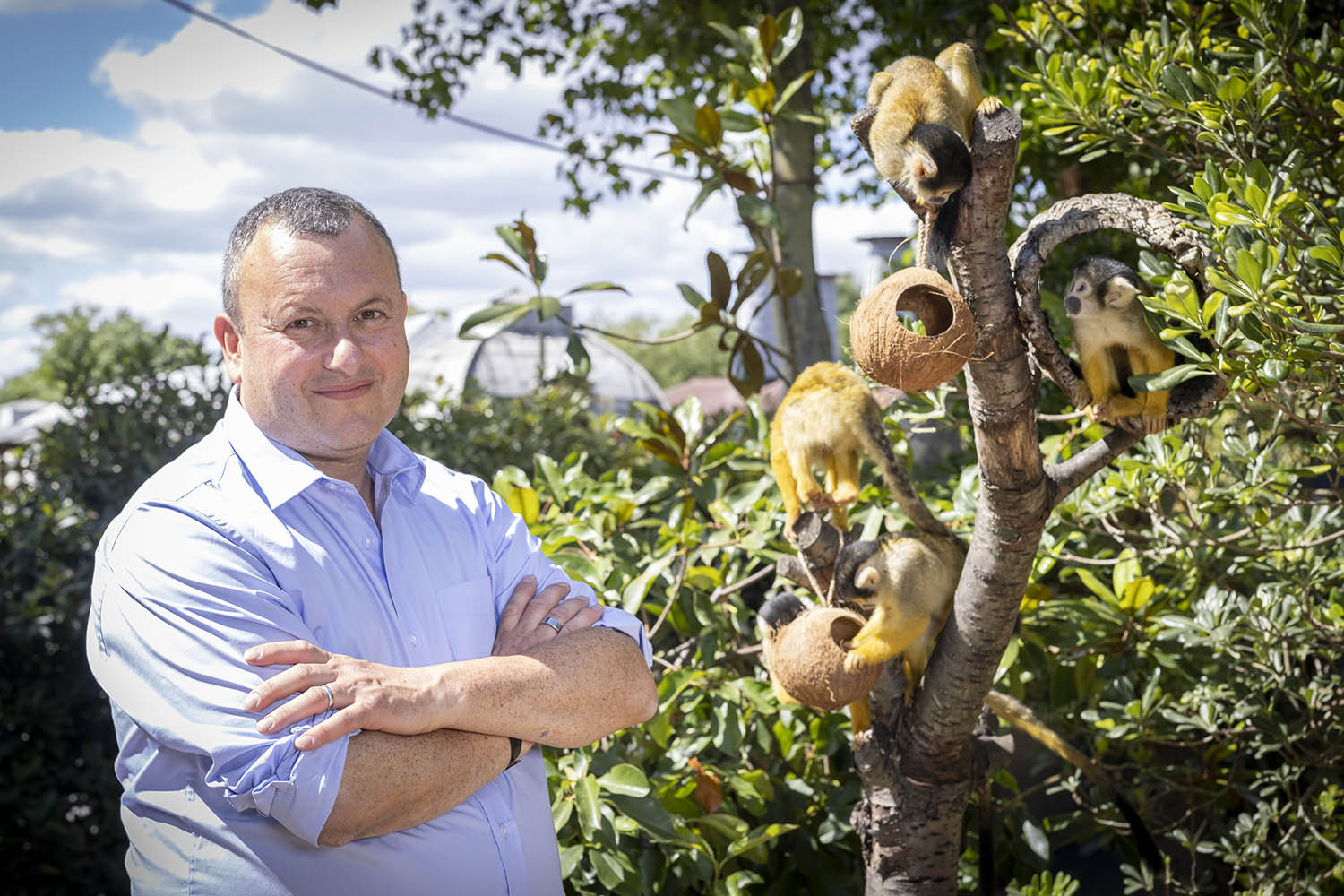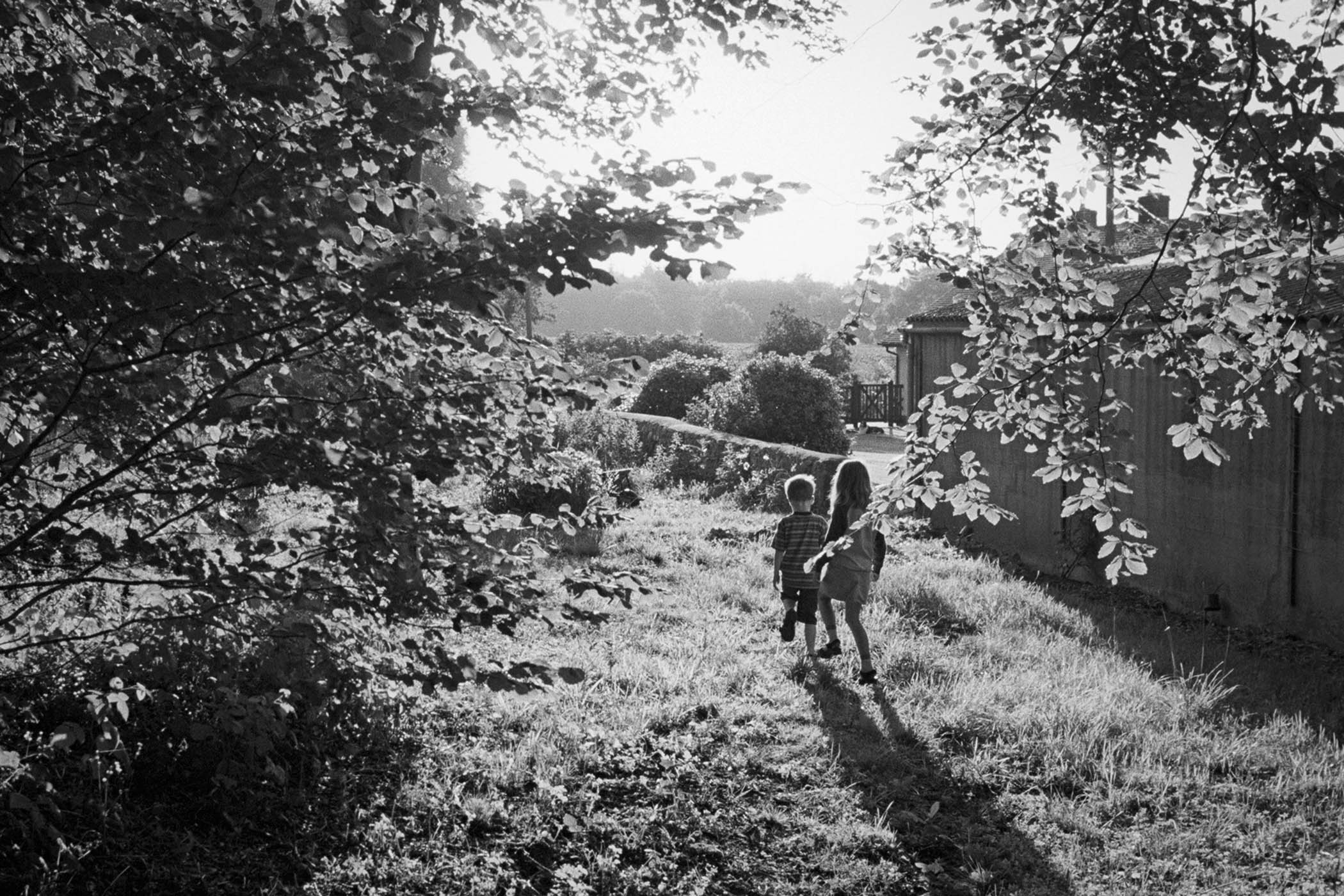We have a problem. The mental health of young people has reached a crisis point. Outdoor time at school has halved in a generation, according to a recent report from the Play Commission. And a Save the Children survey found that more than two-thirds of our children are worried about the world they’re inheriting – with good reason.
Yet we’re sitting on a solution that works: nature. Scientific studies in the past decade show that children who spend time in natural spaces have better mental health, stronger immunity, improved attention and deeper resilience. They’re calmer, healthier and more connected to the world around them. The government estimates that £2.1bn a year could be saved in health costs if everyone in England had good access to green space.
But access to nature is becoming a privilege, not a right. The children who need it most – those in deprived areas, facing the greatest pressures – are the least likely to get it. Government research states that only half of children and young people report regularly spending time in a garden or other outside space when they’re not in school. And only a third reported regular school activities or lessons outside, other than PE.
At the Zoological Society of London (ZSL), we see the spark when a child encounters wildlife for the first time: but we also understand what’s in the way of catching that spark. So we’ve put our money where our mouth is. Two years ago we introduced a £3 children’s ticket and a £6 adult ticket to our zoos for families who are on universal credit. More than half a million people have since bought those tickets.
But this is nowhere near enough. As the summer holidays begin, ZSL is launching a campaign to secure the right for every child to access nature at school.
Why? Because access to nature is not currently a statutory part of the school experience. Outdoor nature experiences are optional extras – nice to do if time and money allow.
Teachers want to help, but they are under immense pressure to cover a crowded curriculum. We want this to change. Nature must be embedded in every child’s education. This isn’t about adding to the curriculum but integrating nature access. That will look different for every school, but support for inner-city nature spaces in playgrounds or trips to local green spaces will be crucial for equitable access for the most deprived children.
We need a chorus of family voices which believe – like us – that giving children the opportunity to crunch leaves, search for worms or listen to birdsong is important. Teachers need ring-fenced budgets for nature-based training. Every school needs the simple equipment that allows year-round outdoor learning: wellies, waterproofs, shelter.
Related articles:
Funding for this shouldn’t feel like a big ask given the benefits across the NHS, economy and education. Any funding should include clear indicators: mental health outcomes, post-16 progression, and reductions in Neet (not in education, employment or training) rates.
We know it won’t be a quick fix, but with enough political will we think within five years every primary and secondary school could have a designated outdoor learning coordinator, funding for nature-based activities and partnerships with green spaces.
Newsletters
Choose the newsletters you want to receive
View more
For information about how The Observer protects your data, read our Privacy Policy
The children who climb trees today will vote on climate policy tomorrow.
Matthew Gould is chief executive of the Zoological Society of London. Visit zsl.org/help-make-access-nature-right-every-child-school to sign the petition.
Photograph by Will Amlot/ZSL


